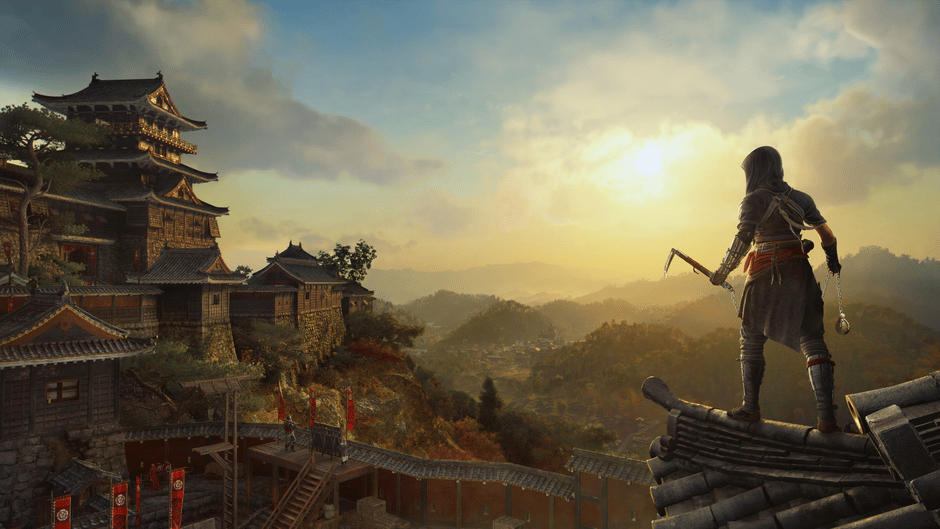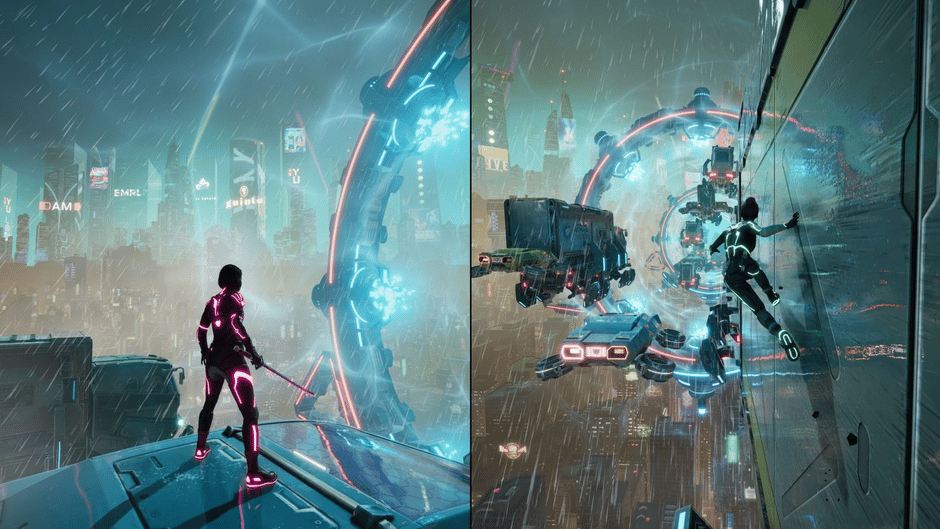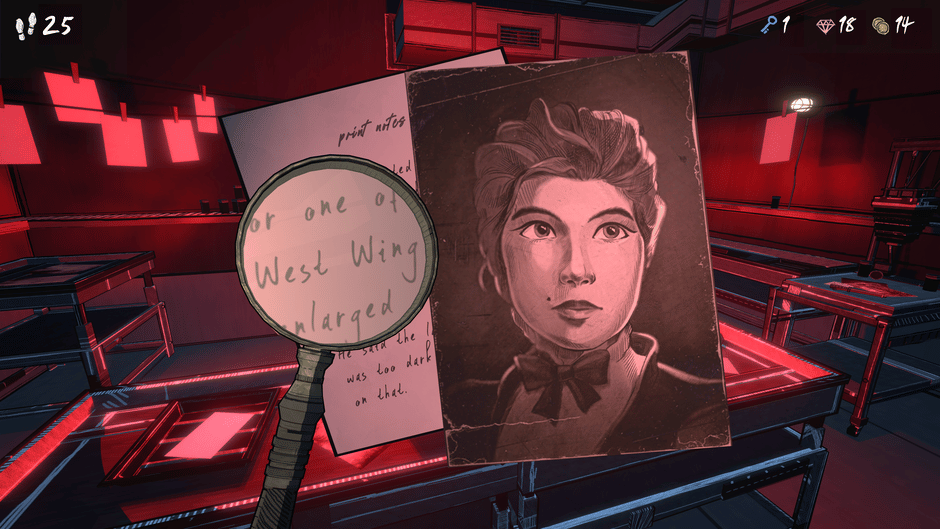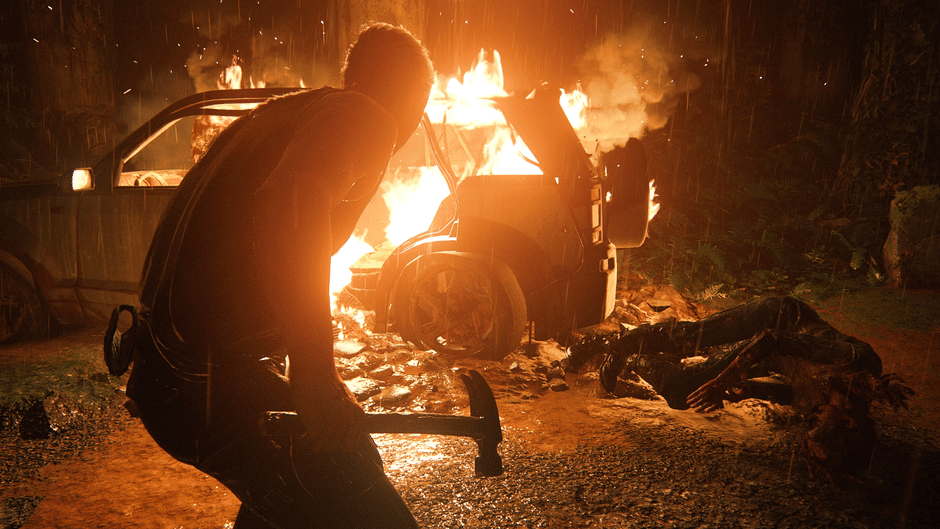Assassin's Creed Shadows: A Bold New Direction for the Franchise
Assassin's Creed Shadows has finally arrived, and it's safe to say that it's not quite what many fans were expecting.

Assassin's Creed Shadows has finally arrived, and it's safe to say that it's not quite what many fans were expecting. But in a series that has seen its fair share of iterations and reimaginings, is this departure from the norm actually a breath of fresh air? Let's dive deep into what makes Shadows stand out and explore why it's causing such a stir in the gaming community.
A Tale of Two Warriors: Dual Protagonists Shake Up the Formula
From the moment you step into the beautifully realized world of Feudal Japan, it becomes clear that Shadows is charting new territory for the Assassin's Creed franchise. The game's most striking innovation comes in the form of its dual protagonists: Yasuke, the legendary African samurai, and Naoe, a skilled shinobi. This bold choice completely transforms the gameplay experience, offering players two distinct playstyles that intertwine throughout the narrative.
Yasuke's storyline focuses on intense samurai combat, bringing a level of brutality and precision to the series that we haven't seen before. His sections of the game feel weighty and impactful, with each swing of the katana carrying real consequences. On the other hand, Naoe's gameplay harkens back to the stealth-focused roots of the franchise, albeit with some modern twists that we'll explore later.
A World Brought to Life: Visuals and Immersion
One aspect of Shadows that has received universal praise is its stunning depiction of Feudal Japan. Ubisoft has outdone themselves with the level of detail and historical accuracy present in every corner of the game world. From bustling marketplaces to serene bamboo forests, each location feels alive and authentic.
The game's lighting and weather effects deserve special mention. Dynamic time of day and weather systems create breathtaking vistas and add a layer of strategy to both combat and stealth. Sneaking through a moonlit castle or engaging in a duel as storm clouds gather overhead are experiences that will stick with players long after they've put down the controller.
Stealth Evolved: New Mechanics for a New Era
While some fans have expressed concern about the series moving away from its stealth-action roots, Shadows actually introduces several new mechanics that breathe fresh life into the sneaking aspects of the game. The new light and shadow system, inspired by games like Splinter Cell, adds a new dimension to stealth gameplay. Players must now be acutely aware of their surroundings, using darkness as a true ally rather than relying solely on conveniently placed hay bales.
The addition of a prone crawling mechanic also opens up new possibilities for stealth enthusiasts. Slithering through tall grass or squeezing under buildings adds a level of tension and immersion that the series has been lacking in recent years. These new tools, combined with Naoe's shinobi skillset, create some of the most satisfying stealth gameplay the series has seen in years.
Combat Reimagined: The Way of the Samurai
Yasuke's sections of the game introduce a combat system that feels markedly different from previous Assassin's Creed titles. Drawing inspiration from games like Ghost of Tsushima and Sekiro: Shadows Die Twice, the combat in Shadows emphasizes timing, positioning, and reading your opponent. The new posture system adds a layer of strategy to each encounter, requiring players to balance offense and defense to create openings for devastating finishing moves.
This more deliberate approach to combat has been divisive among fans. Some appreciate the added depth and challenge, while others miss the more fluid, acrobatic combat of earlier entries. Regardless of personal preference, it's clear that Ubisoft is pushing the series in a new direction with this combat system.
RPG Elements: Evolution or Deviation?
One of the most contentious aspects of recent Assassin's Creed games has been the increased focus on RPG elements, and Shadows continues this trend. Skill trees, gear upgrades, and dialogue choices all play a significant role in shaping your experience. For some players, this adds depth and replayability to the game. For others, it feels like a further departure from the series' roots.
The question of whether these RPG elements enhance or detract from the core Assassin's Creed experience is likely to remain a point of debate within the community for years to come. What's clear is that Ubisoft is committed to this direction, at least for now.
The Ghost in the Room: Comparisons to Ghost of Tsushima
It's impossible to discuss Assassin's Creed Shadows without addressing the elephant in the room: Ghost of Tsushima. Sucker Punch's 2020 hit set a new standard for samurai games, and many players are naturally drawing comparisons between the two titles.
While both games are set in feudal Japan and feature stealth and samurai combat, they offer distinctly different experiences. Ghost of Tsushima focuses on a more streamlined, cinematic approach, while Shadows leans into its RPG elements and the unique Assassin's Creed lore. Each game has its strengths, and ultimately, personal preference will dictate which one resonates more with individual players.
A New Identity for Assassin's Creed?
Perhaps the most significant question raised by Shadows is whether it represents a new identity for the Assassin's Creed franchise or a further dilution of its core concept. The game certainly pushes boundaries and introduces mechanics that feel fresh and exciting. However, some longtime fans may feel that the series has strayed too far from what made it unique in the first place.
It's worth noting that innovation and evolution are necessary for any long-running franchise to stay relevant. The challenge lies in balancing new ideas with the elements that made the series beloved in the first place. Shadows makes a bold attempt at this balancing act, and whether it succeeds will likely be debated for years to come.
Conclusion: A Divisive but Ambitious Entry
Assassin's Creed Shadows is undoubtedly one of the most ambitious entries in the series to date. It takes big swings with its dual protagonist system, revamped combat and stealth mechanics, and its deep dive into Japanese history and culture. While not every change will please every fan, it's clear that Ubisoft is not content to rest on its laurels.
The game's stunning visuals, immersive world, and innovative gameplay mechanics make it a standout title in the current gaming landscape. Whether it will be remembered as a pivotal moment in the evolution of Assassin's Creed or as a controversial deviation remains to be seen. One thing is certain: Shadows has given players and critics plenty to discuss, debate, and dissect in the months and years to come.
As with any major release, the true test will be how Shadows is received by the broader gaming community over time. Will its innovations be embraced and built upon in future titles, or will fan feedback push the series in yet another new direction? Only time will tell. For now, Assassin's Creed Shadows stands as a bold, if divisive, new chapter in this long-running franchise.





